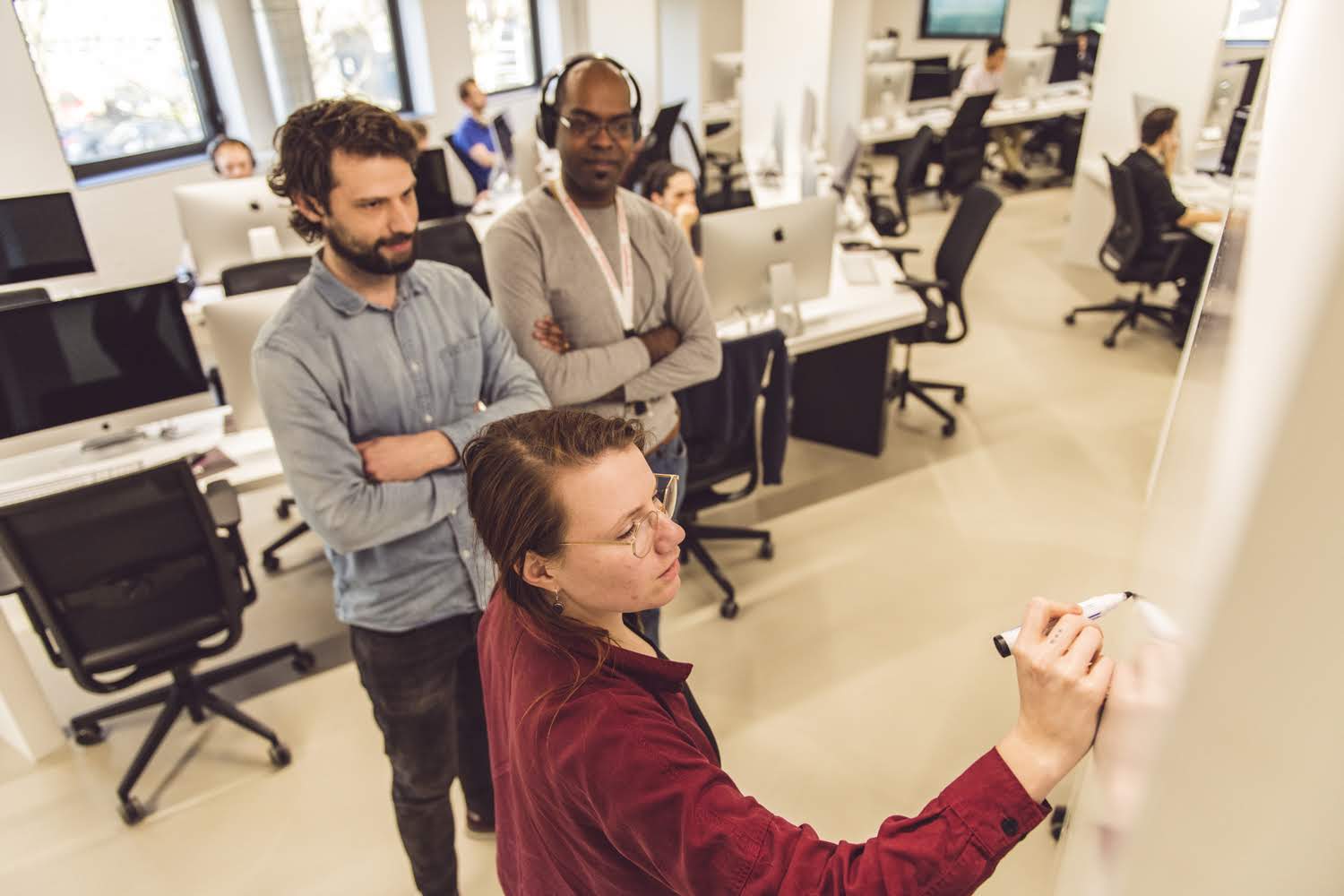
Peer learning: an effective pedagogical approach to learning how to code
At 42 Quebec, we talk about programming, code, but also peer learning. This is indeed what makes 42 pedagogy so distinctive. Peers are colleagues at school and professionals who come […]

At 42 Quebec, we talk about programming, code, but also peer learning. This is indeed what makes 42 pedagogy so distinctive. Peers are colleagues at school and professionals who come to share their knowledge through various conferences and workshops. A recent study shows that 55% of workers turn first to their colleagues when it is time to learn new knowledge. Greatly inspired by this workplace reality, peer learning has several benefits.
Seeing things differently
In IT, it often happens that there is more than one solution to the same problem. During their training, our students are called upon to evaluate other students’ work, and vice versa. This way of doing things aims to open discussion and challenge different ideas. In this context, even mistakes become learning opportunities, which encourages participants to persevere and rethink the notion of failure.
Learning teamwork
As in the workplace, 42 Québec students must share their knowledge with their colleagues to find optimal solutions to specific problems. This requires them to know their strengths and weaknesses and to communicate their ideas clearly. They must also adapt to the different people around them, regardless of their level of knowledge or learning style.
Developing critical thinking
By being subjected to multiple, sometimes contradictory information, our students learn to support their ideas with facts. They quickly understand that details left to chance can be costly and that by using their logic, they can become more effective.
On the other hand, peer learning allows students to develop their autonomy, leadership, empathy and adaptability. Besides, solving complex problems with effective solutions gives them a great sense of accomplishment. As the old saying goes, “No one knows everything. But together, we know a whole lot”.
